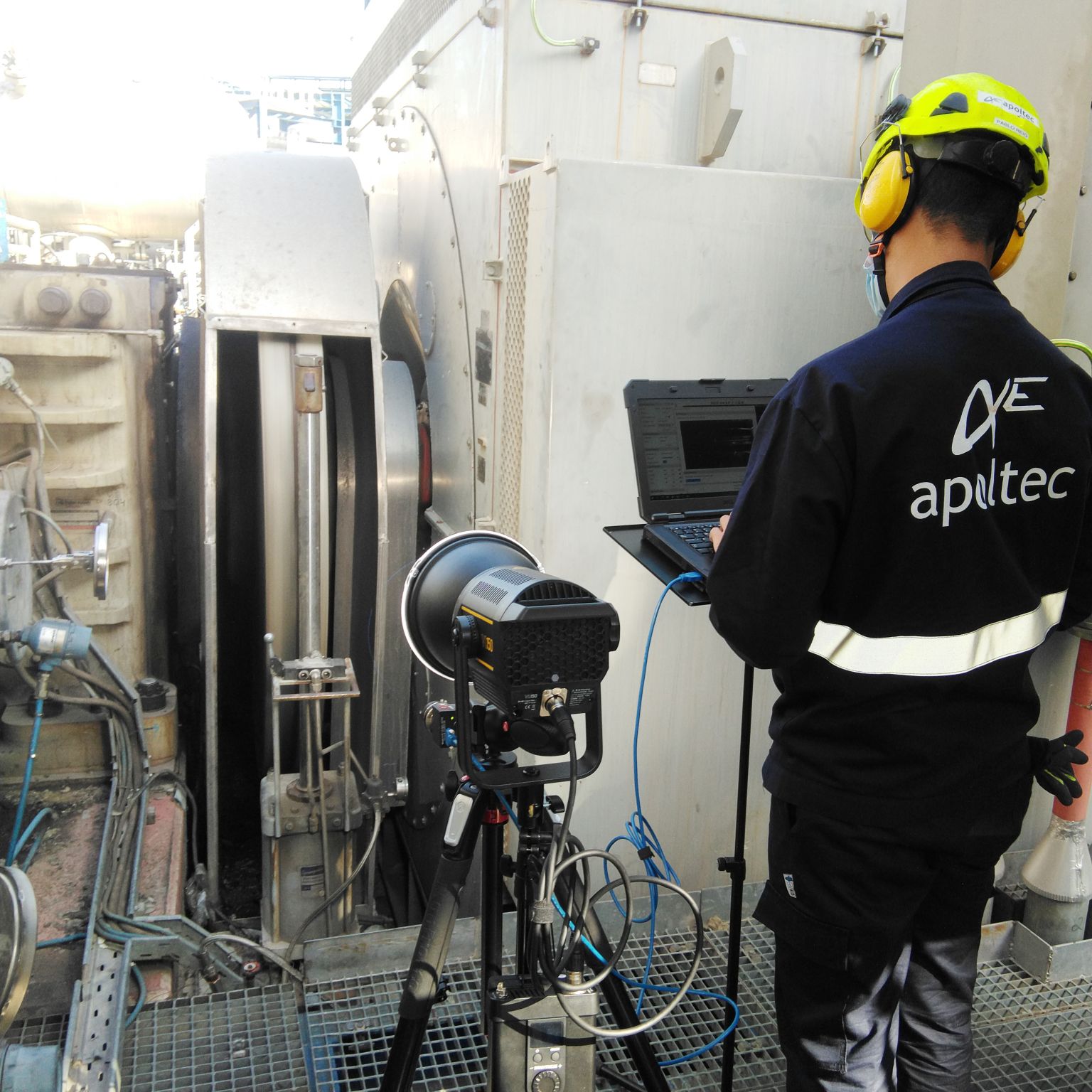The foundation of industrial equipment is a critical component for maintaining performance, durability, and safety in petrochemical plants and other heavy industries. When foundation issues arise—such as spalled construction joints, structural cracks, or uneven settlement—the operational integrity of both dynamic and static equipment can be severely compromised. In this post, we’ll delve into the correlation between foundation integrity and mechanical failures, examining how foundation conditions impact equipment performance and exploring the best repair solutions for each situation.
Importance of a Sound Foundation
In the petrochemical and industrial sectors, the foundation is the structural base that supports the full operational load of machinery, including both static loads and dynamic forces. A properly designed and constructed foundation must withstand these forces over time, minimizing vibration and preventing misalignment. The quality of foundation materials, precise installation, and routine maintenance are essential to ensure long-term stability and functionality.
When foundation defects occur—like cracking, joint separation, or settlement—they can lead to critical equipment issues, such as misalignment, excessive vibration, and ultimately, mechanical failure. For instance, a foundation that cannot properly absorb and distribute the dynamic loads of rotating equipment can result in premature wear or, in extreme cases, catastrophic equipment breakdowns.
Common Types of Foundation Failures
In the context of heavy industrial environments, typical foundation failures include:
- Tensile Cracks: These cracks often arise from concrete shrinkage, temperature fluctuations, or soil settlement. If left unaddressed, tensile cracks can weaken the foundation’s load-bearing capacity, impacting the stability and alignment of the equipment it supports.
- Debonding of Construction Joints: Construction joints are crucial transition points between different foundation sections. Debonding at these joints can lead to loss of foundation stability, misalignment, and machinery malfunction, as equipment becomes prone to vibration and mechanical stress.
- Uneven Settlement: When a foundation settles unevenly due to soil movement or inadequate load distribution, it can cause alignment issues and increased vibration, putting dynamic equipment at risk for accelerated wear and failure.
Apoltec’s Foundation Repair Solutions
To address these complex foundation issues, Apoltec offers advanced repair and reinforcement solutions specifically tailored for industrial applications. Key solutions include:
- Epoxy Polymer Injection: This method involves injecting modified epoxy polymers into cracked or damaged areas, combined with the installation of high-tensile-strength steel reinforcement bars. Epoxy polymer injections provide strong adhesion to concrete, creating a durable bond that restores the structural integrity of foundations.
- High-Strength Epoxy-Polymer Adhesives: These adhesives are formulated to offer robust bonding to a variety of construction materials, making them ideal for repairing stress and shrinkage cracks in concrete structures. Their resistance to thermal and mechanical shocks ensures a long-lasting repair that minimizes downtime and protects against future damage.
By reinforcing foundations with epoxy polymers and specialized reinforcements, Apoltec solutions not only restore foundation integrity but also enhance its resilience to thermal and mechanical stresses, helping industrial facilities avoid costly production interruptions and prolong equipment life.
Prioritizing Foundation Health for Operational Efficiency
Investing in foundation maintenance and repair is essential for sustaining productivity and safety in industrial environments. If you’re noticing signs of foundation wear or damage in your machinery, Apoltec provides customized, high-quality solutions to meet your operational requirements. Protect your equipment and maintain efficiency by ensuring the structural integrity of your foundations.


